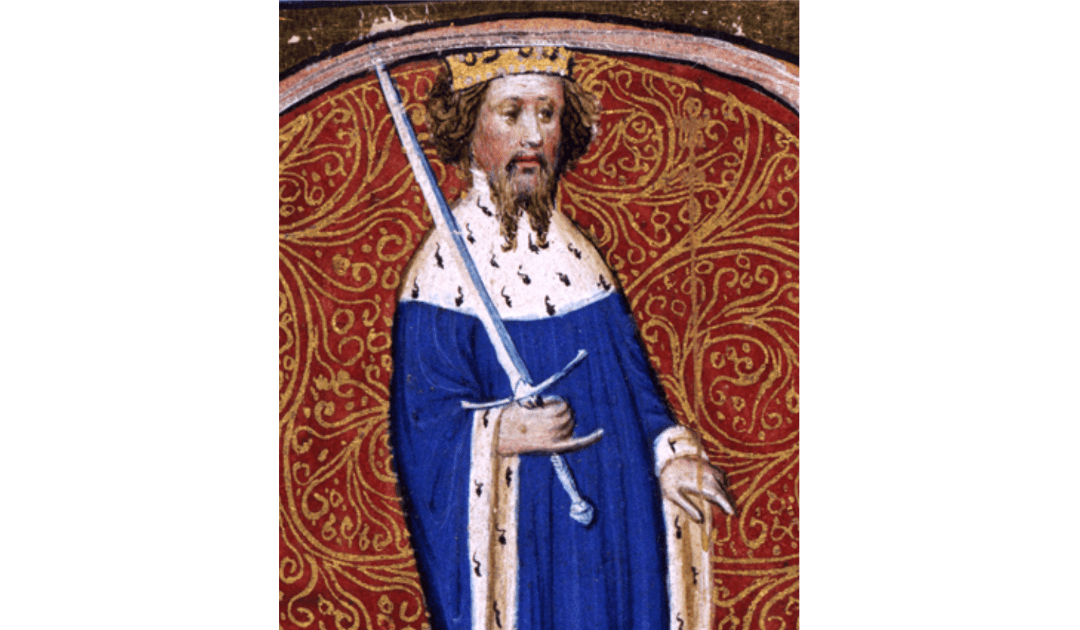On 30th September 1399 King Richard II’s abdication was read in parliament by the Archbishop of Canterbury, and Henry IV replaced him. Whether the abdication was genuine or not is a matter of debate. Richard II’s reign was marred by political instability, economic turmoil, and social unrest. His authoritarian rule and excessive taxation had alienated many nobles and commoners alike, resulting in widespread dissatisfaction and rebellion. The Peasants’ Revolt of 1381 and subsequent conflicts demonstrated the deep-seated grievances among the lower classes. Furthermore, Richard II’s mismanagement of the crown’s finances and the loss of territories in France had weakened his credibility as a ruler.
In 1398 Henry Bolingbroke, Richard’s cousin, overheard treasonous remarks by the Duke of Norfolk which he reported to Richard. Henry and Norfolk agreed to settle the matter by a duel, but before the duel could take place, Richard decided to, rather ungratefully it would appear, banish Henry to France.
Henry’s father, John of Gaunt, died the following year. Richard cancelled Henry’s inheritance which, as you might imagine, rather annoyed Henry. Henry returned to England and seized the throne without significant opposition. Henry was crowned in Westminster Abbey, and was the first King of England in three hundred years, whose mother tongue was English rather than French.
Henry’s reign was punctuated by rebellions including that led by Henry Percy, Earl of Northumberland, which led to the Battle of Shrewsbury in 1403. King Henry IV won the battle, and Henry Percy’s son, also Henry was killed. King Henry IV’s later years were marked by serious illness and he died in 1413 aged 45. His son succeeded him as King Henry V, of Agincourt fame.
You may be wondering what any of this has to do with Tottenham Hotspur. I posted recently about Stamford Bridge, but Chelsea Football Club has no connection with the battle. However the Henry Percy who was slain at the Battle of Shrewsbury, was known as Harry Hotspur, because of his speed of advance and readiness to attack. The descendants of Sir Henry Percy (Harry Hotspur) owned the land around Tottenham Marshes where the football club played its early games. The football club was formed in 1882 by a group of schoolboys who were members of the local Hotspur Cricket Club.

